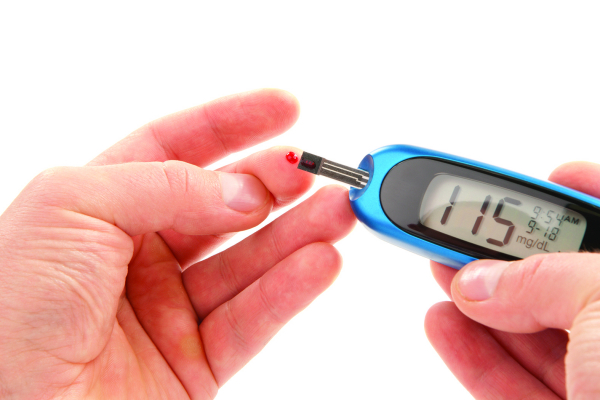
SOCIETY continues to treat sex as a taboo and the lack of openness negatively affects people living with diabetes — a chronic health condition that diminishes patients’ sex drive.
BY TINOTENDA MUNYUKWI
One of the far-reaching consequences of the condition is that it makes those living with it unable to fulfil their conjugal and other marital obligations.
Rutendo Bakare, diagnosed with type one diabetes mellitus seven years ago, told NewsDay that she struggled with hyperglycaemia, and as such, most nights she is too weak to prepare meals for her husband.
The woes piled up after she realised her desire and ability to fulfil her conjugal obligations had diminished.
Hyperglycaemia, according to the Medline Plus journal, is a surge in the blood glucose levels of an individual due to poor control, with insulin being either inadequate or the body being resistant to this hormone responsible for regulating blood sugar.
Immediate symptoms of the surging glucose levels include headaches, tiredness, blurred vision and hunger while prolonged thinking and concentration may lead to what is known as “diabetic coma” in medical discourse.
“I have suffered a lot because ever since I was diagnosed, I feel tired quickly and it is becoming a problem in my marriage because my husband is not coming to terms with the situation and thinks that I am deliberately pretending, just to avoid having sex,” Bakare said.
- Chamisa under fire over US$120K donation
- Mavhunga puts DeMbare into Chibuku quarterfinals
- Pension funds bet on Cabora Bassa oilfields
- Councils defy govt fire tender directive
Keep Reading
About 25% of diabetic women, according to Medline Plus, suffer from sexual complications, among them being a rare vaginal dryness condition that makes the sex act more painful and less desirable and the development of bacterial infections on their genitals.
“I remember times when I kept having thrush on my genital areas, and that was before I discovered that I was diabetic, and my husband accused me of infidelity, thinking that I had a STI, but that was not the case at all, doctors said it was due to high uncontrolled blood glucose levels,” said Bakare.
The thrush Bakare experienced around her genital area is a yeast infection which the body can easily neutralise, should all the systems operate at an optimum level but due to a lowered immune system in diabetic patients, this has become impossible. “Diabetes affects the immune system, or in some way lowers one’s immunity should there be poor control leaving patients prone to these infections, which under normal circumstances, the body should be able to just deal with and eliminate,” said Brian Makamure, a medical doctor who deals with diabetes patients.
The sexual effects are not pronounced in female diabetics alone but are also found in male diabetics where it causes impotence.
It reduces erectile firepower leading to an obvious inability to desire sexual intercourse.
It is no secret that most men have often bragged in pubs about their sexual exploits and the ability to display virility on the matrimonial bed but for some diabetic men, the narrative is that the condition has denied them the opportunity to enjoy great exploits.
“These are some macrovascular complications, in which blood vessels are narrowed, because for an erection to occur, basically there is need for good blood flow, and if blood flow to the penis is restricted, one is not going to achieve an erection,” Makamure said.
Makamure said the fact that sex was regarded as a very private and intimate act not to be shared with “outsiders” meant that many patients suffered silently without confiding in their doctors.
He said all the sexual complications emanating from diabetes could be remedied if patients go for early treatment before they reach a point of no return.
“We are advocating for people to go and see their doctors, because there are corrective measures, chief among these being perfect control of the blood sugar which can eliminate all those other complications,” he said.
“They can be given something to remedy the situation, like PDE5 inhibitors (erectile dysfunction drugs). So there are remedies but people need to approach qualified medical personnel if they are facing such challenges.”
Makamure said the problem often torched psychological trauma with most patients ending up in depression.
“We talk of the psychological implications that ensue after the inability to perform well sexually. We know how men attach much value to the ability to please their women in bed and when that is lost, people might end up undergoing some things like depression,” he said.
With an estimated 3 million Zimbabweans living with diabetes, according to the Ministry of Health, half of that figure is currently oblivious to the existence of the chronic illness within their bodies.
There is a possibility that there are people like Bakare who have continued to suffer in silence when they could be helped.
Diabetics Association of Zimbabwe president Tendai Gutu said the social effects of the disease were on the prowl and there was an urgent need for government to scale up support in the fight against the chronic illness and its effects.
“There is need for more awareness about diabetes prevention among the general population and this has to be scaled up now than ever before and we must work together to reduce the effects of diabetes which have become a medical menace in our society,” Gutu said.











